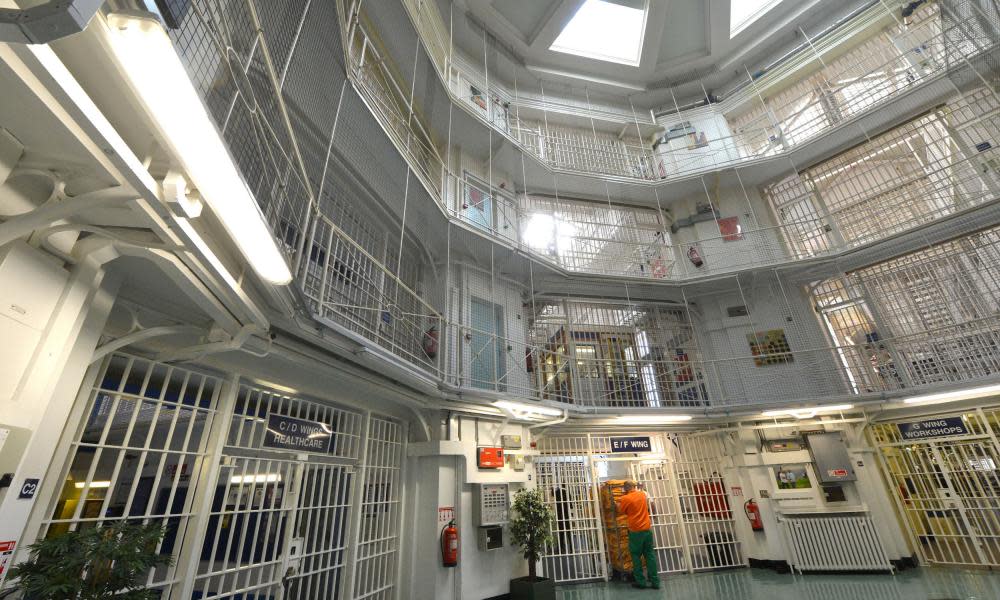Prisons need more than extra money | Letters

The government’s cynical spin regarding the supposedly historic nature of the prisons and courts bill indicates the level of desperation that has gripped the justice secretary and her advisers (Prisons shakeup to give governors more control over rehabilitation, 23 February).
If Liz Truss had any sense of history, she would know that reform of prisoners became a central goal of prisons in 1895. Since that time, the system has failed spectacularly to achieve this goal. She also ignores the key point that prisons have been in crisis for decades. In the 1970s, there was a prolonged crisis that involved desperate overcrowding and poor conditions, prison officer militancy, and riots and disturbances – at a time when expenditure was high and prison officer numbers were stable.
The idea that the crisis is solely due to budget cuts or lack of expenditure confuses cause and effect. The suggestion that serious mechanisms of accountability can be developed through making prison governors responsible for prisoner rehabilitation, and almost everything else in their prisons, is a poor response to a grim situation. Policies need to be developed based on drastically reducing the prison population, diverting offenders from custody, changing the harsh culture around sentencing, putting serious resources into staff training (rather than simply increasing prison officer numbers) and developing well-resourced, coordinated resettlement policies on housing, education and employment. It is these policies that will lead to a decline in recidivism, a reduction in victimisation and an increase in public protection.
Professor Joe Sim
School of humanities and social science, Liverpool John Moores University
• The justice secretary is right that prison should be a place where offenders are given the opportunity to turn their lives around. Unfortunately, for too long that aspect of the system has been ignored.
Equipping prisoners with the skills they need to get a job after they are released is vital to reduce reoffending. This month, the Ministry of Justice’s Justice Data Lab compared the cases of more than 8,000 individuals who had enrolled on a City and Guilds qualification while serving time with the records of those who did not, and found the former group were less likely to reoffend.
Education is a powerful tool in helping to turn offenders’ lives around and reduce crime rates. With the new bill’s measures to ensure education and training is a priority within prisons, we have an opportunity to put skills development at the heart of prison reform.
Kirstie Donnelly
Managing director, City and Guilds
• Join the debate – email guardian.letters@theguardian.com
• Read more Guardian letters – click here to visit gu.com/letters

 Yahoo News
Yahoo News 
